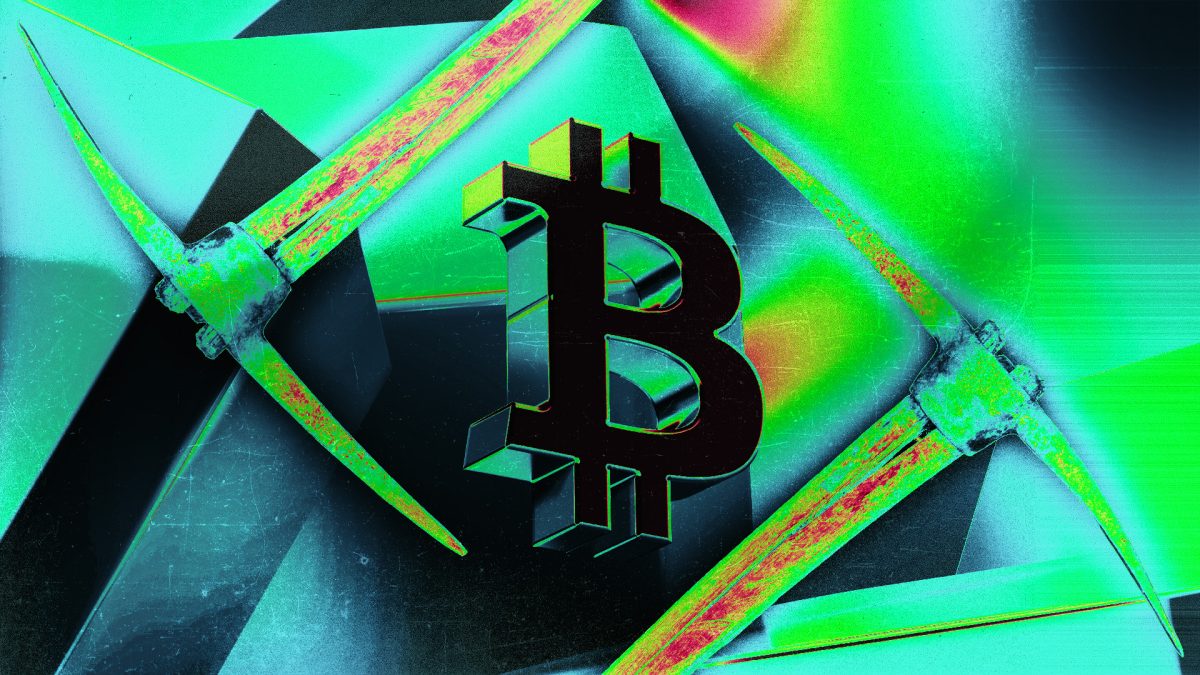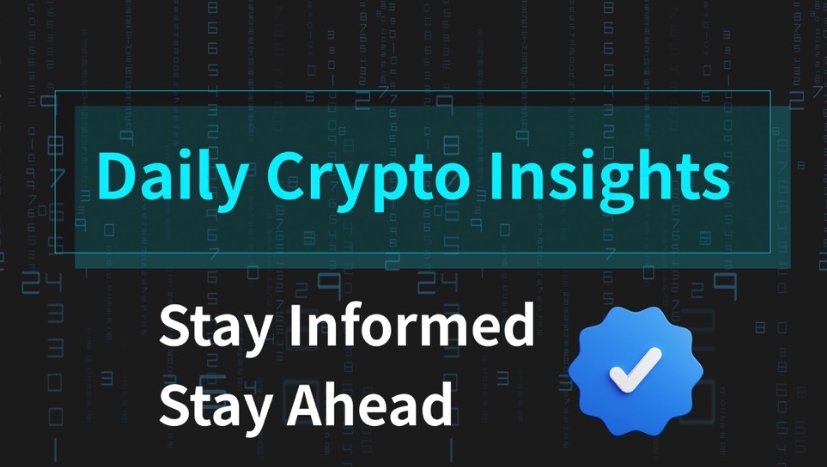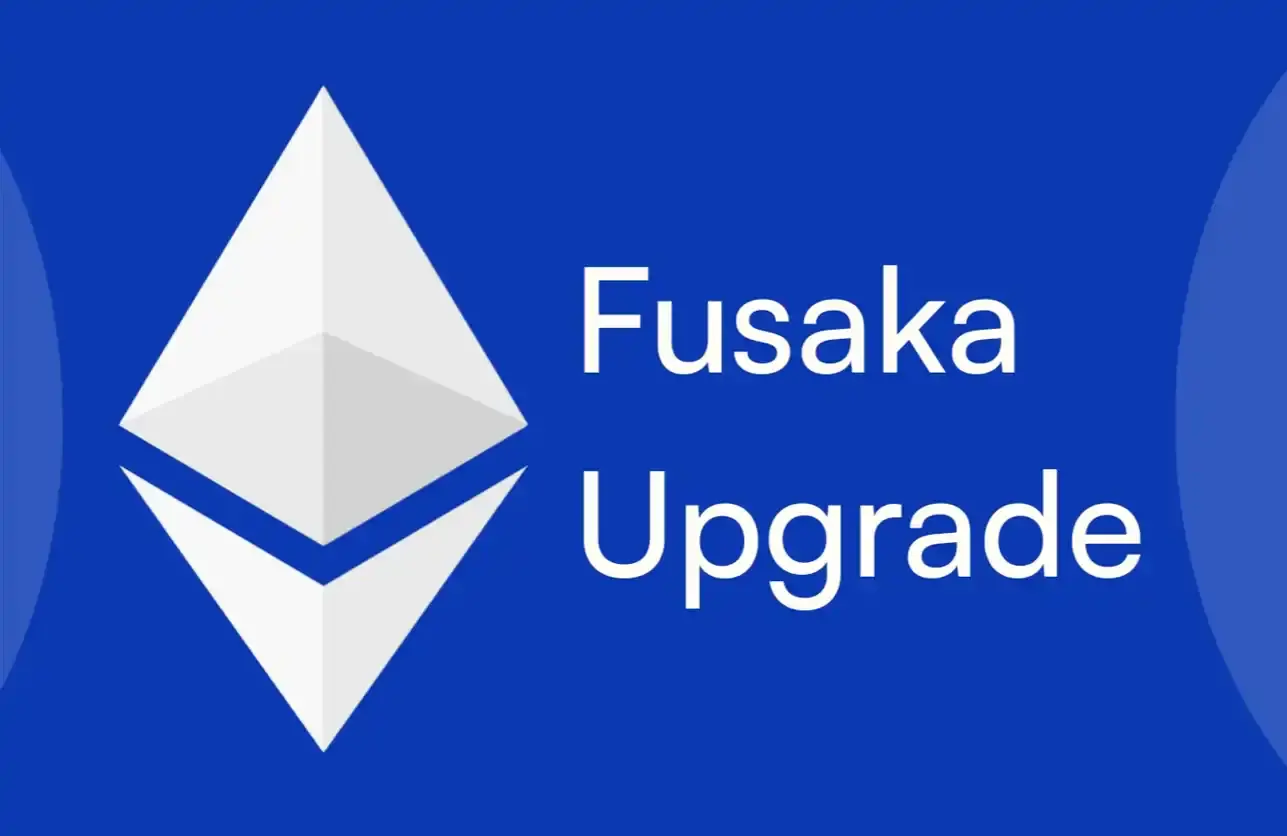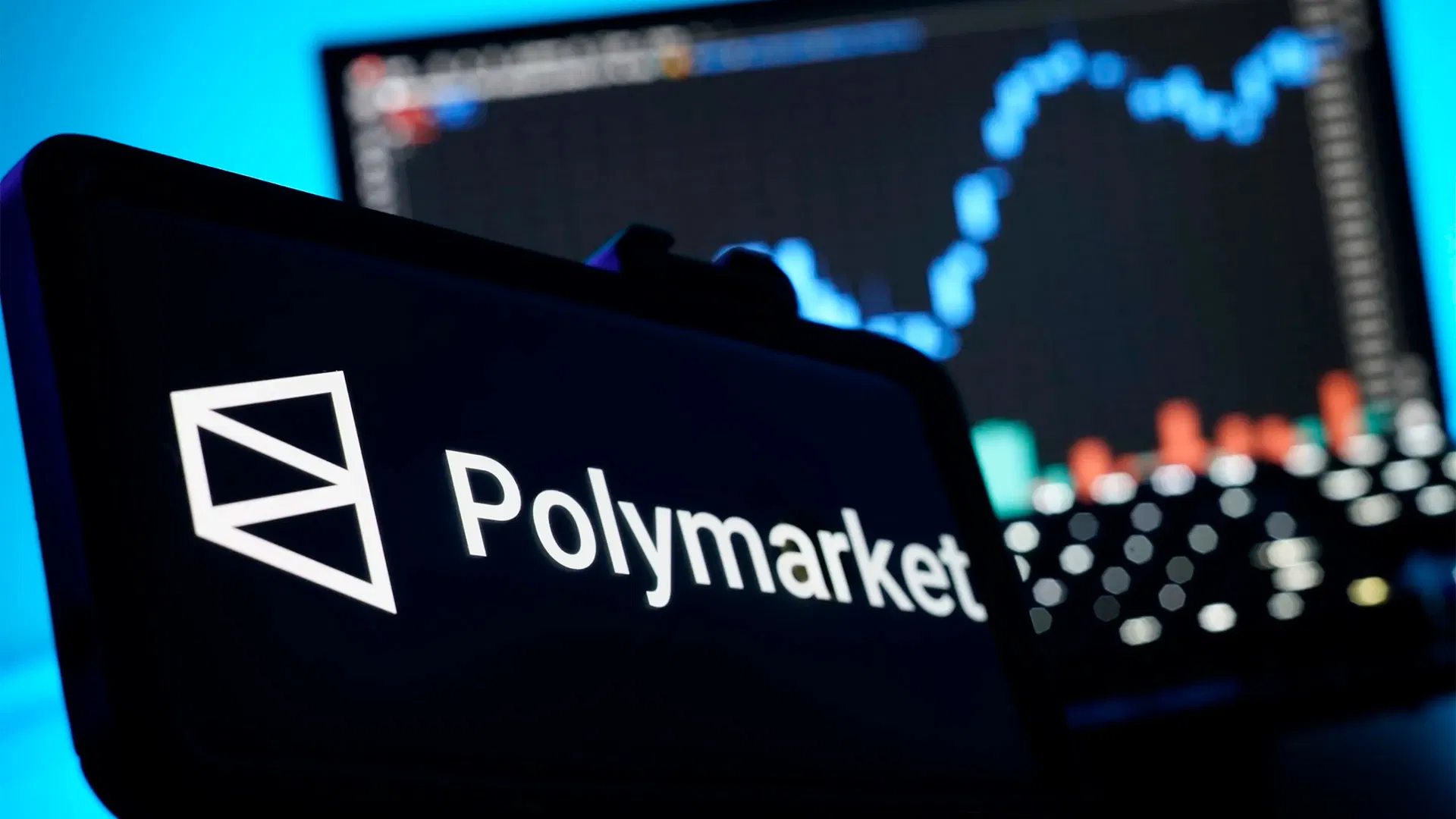Lucky solo bitcoin miner beats one-in-100-year odds to win $350,000 block reward
Quick Take A solo bitcoin miner beat the odds — around 1 in 36,000 per day on average — to solve a block and take home the total subsidy and transaction fee reward. The bitcoin miner earned $347,980 for mining block 913,593 using CKpool in a solo mining configuration.

A solo bitcoin miner beat monumental odds to solve a block and take home the full subsidy and transaction fee reward on Sunday.
The miner collected a total of 3.129 BTC ($347,980) for mining block 913,593, using solo bitcoin-mining software from CKpool, according to the Bitcoin explorer Mempool. This comprised 3.125 BTC in block subsidy rewards ($347,509) and 0.004 BTC ($471) in transaction fees.
"Congratulations to miner bc1q~jr38 for solving the 307th solo block at solo.ckpool.org, with only 200TH!" CKpool developer Con Kolivas posted on X. "A miner of this size only has a 1 in ~36,000 chance of solving a block each day, or once every ~100 years!"
That hashrate is equivalent to just one 2024 Bitmain Antminer S21 air-cooled mining machine, for example.
The solo miner's hashpower represents about 0.00002% of the Bitcoin network's total estimated hashrate of 1.04 ZH/s on Sept. 8, per Mempool's data. For comparison, leading public bitcoin miners MARA and IREN manage a hashrate of approximately 59.4 EH/s and 50 EH/s, respectively, according to their latest disclosures.
Bitcoin's hashrate measures the total computational power dedicated to the network by miners, recently breaking the one zetahash per second milestone — a trillion trillion hashes — even as miners face slumping fees, rising difficulty, and shrinking revenues.
Bitcoin network hashrate. Image: Mempool.
Why solo miners try their luck
Smaller bitcoin miners typically join shared pools to earn steady, proportional rewards, as solo mining has an extremely low chance of winning a block. Nevertheless, some try solo pools for a shot at the full block reward, avoiding fees and hoping for a big, lottery-esque win despite the odds.
However, it's not the first time a small solo miner has picked up the entirety of the block rewards. For example, a solo bitcoin miner with a hashrate of just 126 TH/s also beat the odds to mine a block in 2022 — picking up around $260,000 in rewards at the time. Solo miners with more substantial managed or rented hashrates have also found several bitcoin blocks in recent months.
Disclaimer: The content of this article solely reflects the author's opinion and does not represent the platform in any capacity. This article is not intended to serve as a reference for making investment decisions.
You may also like

Interpretation of the Fusaka Upgrade: Scaling, Cost Reduction, Acceleration—Another "Performance Leap" for Ethereum
After Fusaka, will Ethereum usher in a brand new growth cycle?

Data manipulation? The real logic behind Polymarket's 10 billion valuation is...


![[Bitpush Daily News Highlights] US Treasury Secretary Bessent: Stablecoin market size may grow to $3 trillion by 2030; Canary XRP ETF has completed listing certification on Nasdaq and will begin trading at market open; Federal Reserve mouthpiece: Most regional Fed voting members are not enthusiastic about a rate cut in December; SEC plans to introduce a “token taxonomy”: anchored to the Howey Test, exploring crypto assets](https://img.bgstatic.com/multiLang/image/social/2784dd8e7bd27fe052703623026817c01762923962365.png)